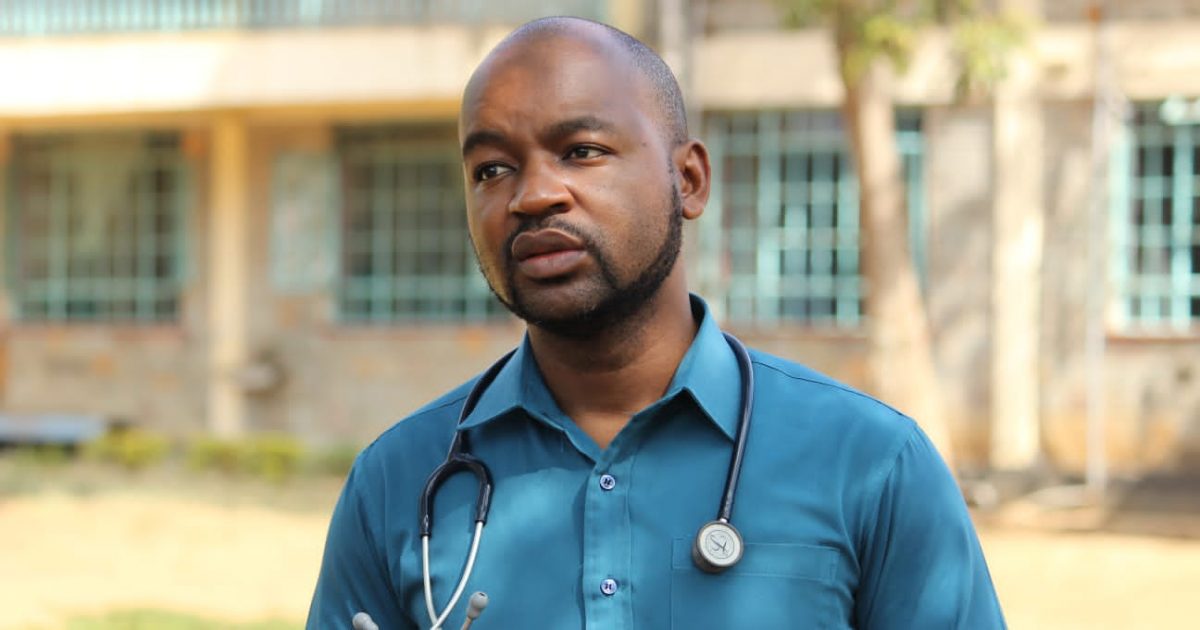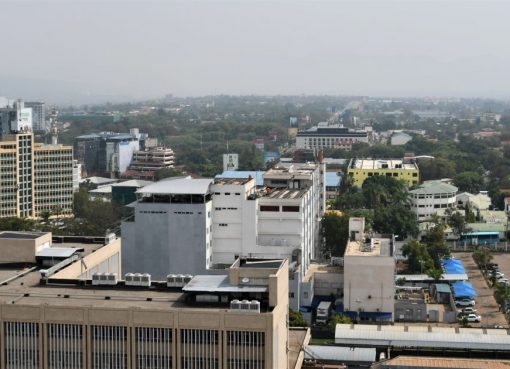A pediatrician at the Bungoma County referral hospital Dr. Dickens Lubanga has attributed the rising number of sickle cell patients in the region to myths and lack of awareness.
Lubanga has said that sickle cell anemia is a frequently diagnosed disease among children and is often viewed as a curse by many people in different communities.
He regretted that the disease has widely spread mostly in Western and Nyanza regions, citing Bungoma hospital which has been registering approximately 1000 such patients in every given month, excluding the numbers being experienced in Webuye and Kimilili sub-county hospitals.
The pediatrician said if screening was intensified and tests made available to more citizens, chances were high that there could be more cases, rising to approximately 4000 and above.
Joy Watitwa, 36, a resident of Sinoko village, Bungoma County is one of the patients suffering from sickle cell anemia.
Watitwa narrated to KNA how the disease was first discovered on her at the tender age of four months and that since then, life has not been easy.
“I often fell sick and my parents would rush me to hospital each time it happened, thinking it was just malaria, but when the situation persisted, further tests were done and it was then discovered that l was a sickler,” she said.
Watitwa says she would later find out that she inherited the disease from her parents, who were both carriers leading to her acquiring an SS, which is a full carrier of the genes of both parents.
“My parents had the same disease, they were both AS carriers meaning they were not full carriers, which genetically resulted in me being a full carrier SS,” she expounded.
Sickle cell anemia is one of a group of inherited blood disorder known as sickle cell disease. It affects the shape red blood cells which carry oxygen to all parts of the body.
The red blood cells become sickle shaped, hence die early resulting in frequent infections, swelling in the hands and legs, pain, severe tiredness, and delayed growth or puberty among the affected patients.
As a hemoglobin SS sickler, I experience pain in the body and joints due to the abnormal formation of the hemoglobin, which causes the red blood cells to become rigid, she added.
At the same time, pain caused by the abnormal formation leads to sickle cell crisis, causing reduction in blood flow in the body, making one to experience severe pain unlike any other normal pain.
“The pain runs through the whole body, even to the joint until one is not able to move due to the immense pain caused by inadequate blood flow,” Watitwa said.
During the crisis, supply of oxygen and nutrients is very low causing the person’s eyes to become yellow and also extreme pain is felt in the bones and back due to quick shredding of the red blood cells in the body, unlike the normal red blood cells of a human being, which take 90-120 days to shred.
In her case, she is advised to manage herself in terms of safety precautions physically and health wise, because anything small that may endanger her may lead to a crisis.
“As much as we take those measures we are advised to take medicine such as Paludrine so that in case of a mosquito bite we won’t be infected with malaria,” she noted.
Watitwa says financing her medication has been very expensive, adding that her parents have played a big role by supporting her physically, emotionally and financially.
“In December 2022, I was admitted in hospital and doctors had to drain all my blood and put in fresh one. It was an expensive process since I had to be in hospital full time, but it was helpful,” said Watitwa, adding that the process of replacing blood costs about Sh250000 for persons without medical insurance.
Watitwa says that she had to travel to Nairobi to get the service done, since Bungoma medical facilities lacked the requisite machines.
On a positive note though, Dr. Lubanya says diagnosis of the disease was currently being done frequently due to the availability of HB electrophoresis screening machine at the county level.
However, the Bungoma based sickle cell clinic still lacks major drugs like Hydroxyurea, which is administered after the diagnosis to increase the patient’s blood level.
Equally, there has been shortage of Prophylaxis and folic acid for the treatment of malaria and bacterial infections respectively.
“The drugs, especially Hydroxyurea are unaffordable by many sickler patients because of their high prices and also remain unavailable in our clinic,” said Lubanga.
The pediatrician is now calling on the Bungoma county government to intervene and provide the essential facilities to help sickle cell patients access treatment with ease.
By Isack Wafula





